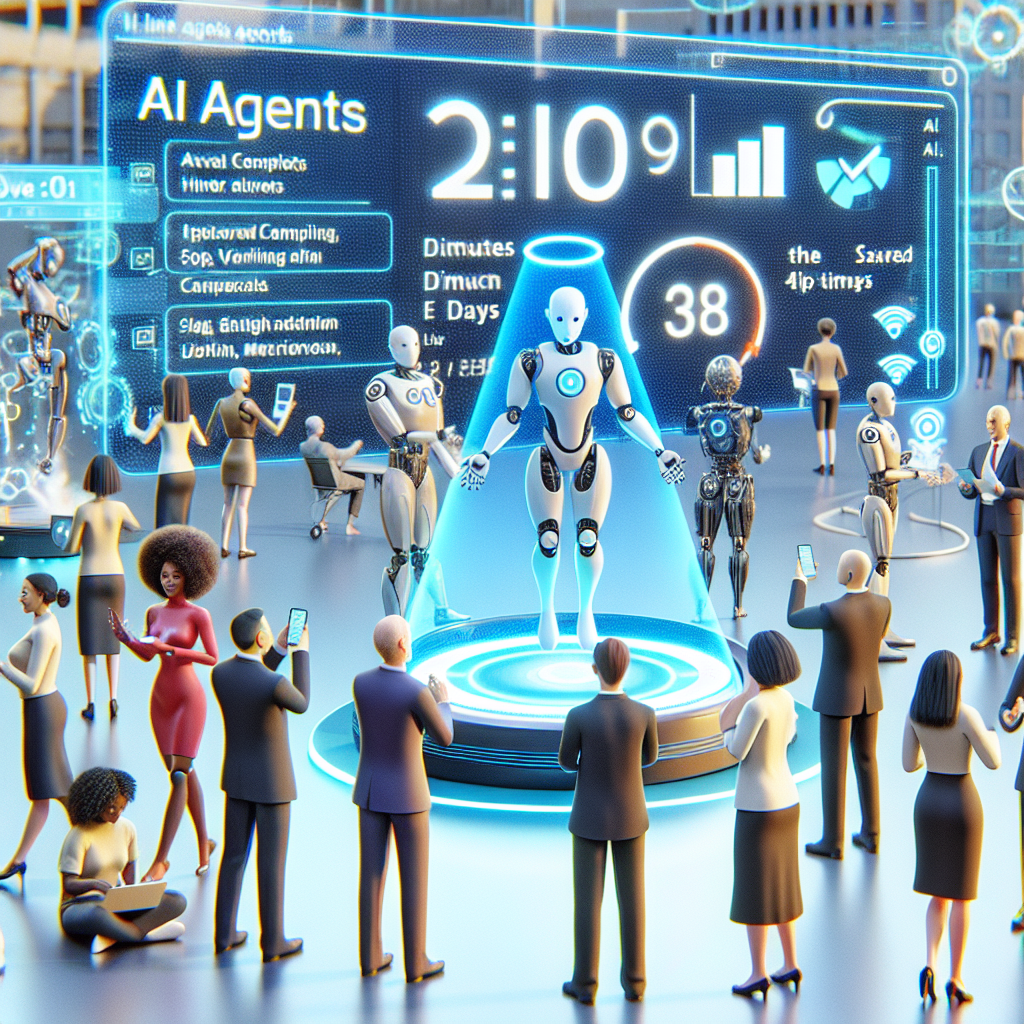AI Agents Save 1000 Days Annually
Just a few years ago, processing thousands of insurance claims or scheduling patient appointments could easily swallow weeks, even months of man-hours. Today, innovations in healthcare technology have sparked an undeniable revolution. According to recent reports, AI agents save 1000 days annually for organizations that have embraced digital transformation—equivalent to giving an entire department nearly three extra years of productive time, every single year.
From Paperwork Mountain to Streamlined Automation
The medical industry has long been notorious for its paperwork burden. Hospitals, clinics, and insurers often struggle with slow, error-prone manual processes. Legacy systems not only frustrated staff but also hampered patient care. But as AI-driven technologies have matured, advanced digital agents are now automating administrative workflows that once seemed intractable.
For example, Prudential Assurance Singapore implemented AI-based virtual agents to process insurance claims, provide customer support, and even onboard new agents. The result? What used to require vast amounts of manual input has become seamless, hyper-efficient, and near-instantaneous.
What Makes AI Agents So Effective?
- Rapid Response Time: AI chatbots and virtual assistants can handle queries instantly, eliminating delays caused by human bottlenecks.
- Error Reduction: Automated systems are less prone to mistakes in data entry and document management, boosting accuracy.
- Scalability: AI doesn’t get tired or overwhelmed. These agents can process hundreds of requests in parallel, no matter the time of day.
- Employee Satisfaction: With repetitive tasks offloaded to AI, staff can focus on more meaningful and strategic work, improving overall morale.
The Numbers Speak for Themselves
Across the Asia-Pacific region, automated AI agents are delivering measurable results. A recent industry pilot saw these agents handling over 60% of customer inquiries, while another reported time savings equivalent to more than 1,000 working days each year. This translates directly into faster claim resolutions, reduced waiting times, and a better patient or customer experience.
Beyond insurance, hospitals like Singapore’s Tan Tock Seng Hospital have adopted AI for appointment scheduling, patient registration, and discharge processes. The combined impact is nothing less than transformative—freeing healthcare workers from administrative overload and allowing care teams to dedicate more time to patients.
Challenges and the Path Forward
Despite these promising gains, the introduction of AI agents requires thoughtful planning. Concerns about data privacy, integration with existing systems, and the need for ongoing oversight remain. However, the overwhelming evidence in favor of these tools suggests that the trend is only accelerating.
As organizations continue to innovate, the potential for AI agents in healthcare and insurance grows ever greater. The clock is ticking: every moment wasted on manual tasks is time that could be returned to patients, customers, and employees alike.
Learn More about the Future of AI in Healthcare
For further details and up-to-date news about groundbreaking digital health initiatives in Asia, visit MobiHealthNews.

